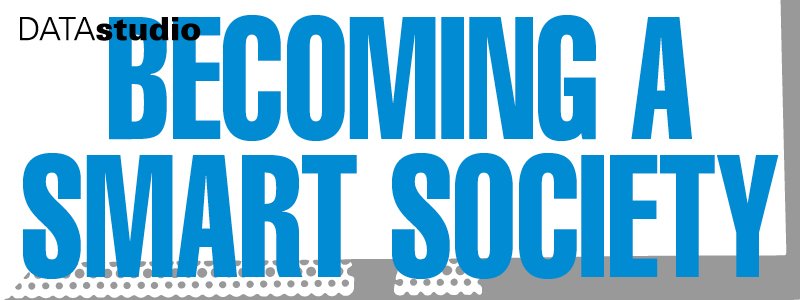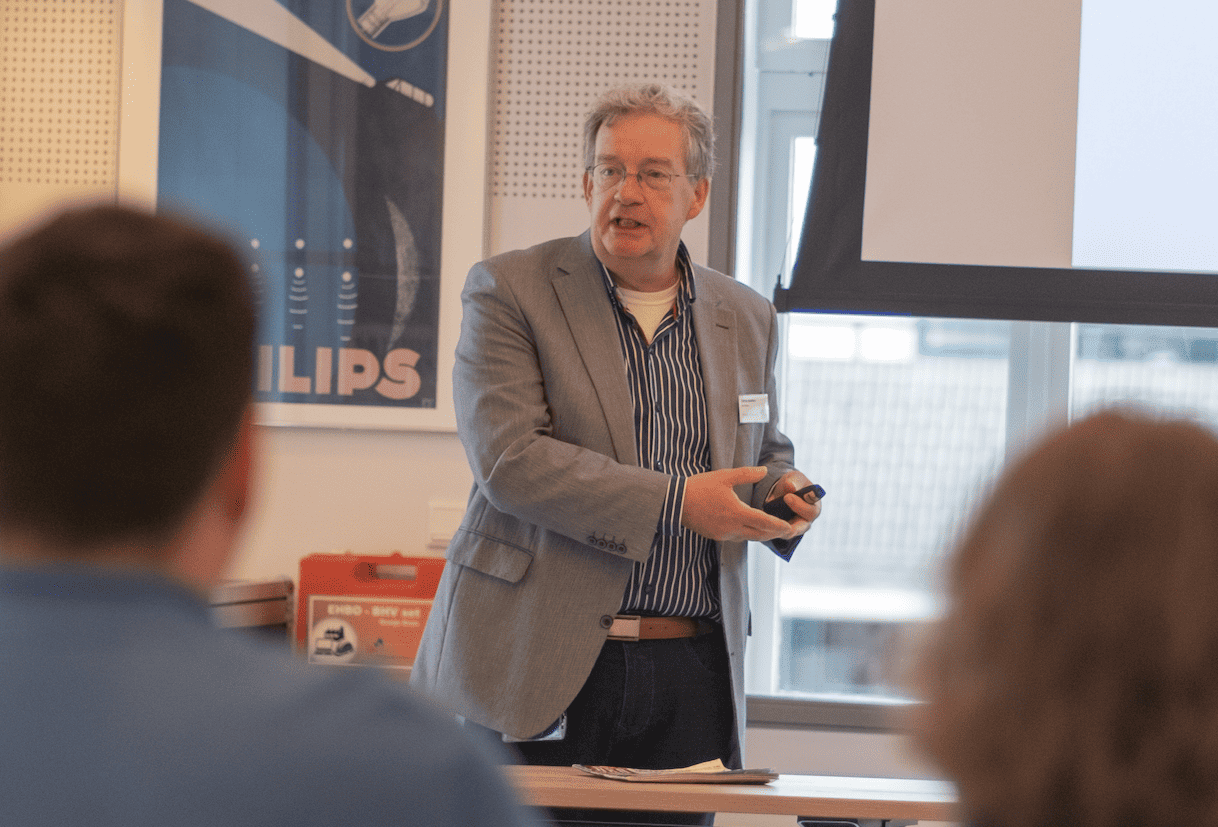
Eindhoven wants to become a smart society. But how does that work? What’s going on in a society like that? Are there any good examples to learn from? DataStudio Eindhoven explores the transition a city has to go through to actually become such a smart society. Each week, we present a new contribution on E52. This week: Restore your digital Privacy! Read all the articles here.
Last night, February 23, Maurits Martijn was the chief guest at the Data Studio meetup at Library Eindhoven: A city as smart as its inhabitants. Martijn is an investigative reporter at The Correspondent and author of the widely read You’ve got something to hide – the report of an investigation into the alarming state of affairs around digital privacy. The book presents fairly inescapable why “but I have nothing to hide” in response to questions about digital privacy, is at least naive but actually dangerous.
As we see the effects of the erosion of digital privacy, we understand better why privacy is important. Succinctly summarized: in each democratic system equality among participants is needed. But instead of equality based on formal anonymity, there are now endless amounts of small and large differences between people, based on collected data and statistical quantifications which track people’s behaviour and affect their rights. Thus equality disappears and with it the basis for all public values and services. Without privacy, there’s no equality, and no democracy without equality.
Legally, the responsibility for protecting individual privacy lies with people themselves. People have to accept the privacy terms of digital services – or they don’t. There is intense debate over whether this is sufficient and whether the responsibility should not also be actively shared with companies and governments, but to a change in the law is not there yet. Fortunately, there are some viable alternatives for multiple digital services that have little respect for privacy.
Some tips at a glance:
- WhatsApp is now owned by Facebook, and despite earlier promises the two started to share their data. The Consumentenbond suggests Signal as the best alternative to WhatsApp; developed by Open Whisper Systems. It is possible to gradually move from WhatsApp to Signal; simply move your group conversations one by one.
- Instead of the Safari browser, which shares your browsing data with Apple, or Chrome, which shares your browsing data with Alphabet (formerly Google) you can use Firefox, the open source browser from Mozilla. If you use Google, your web behaviour is still followed by them. Moreover, many sites place cookies on your computer to track all kinds of surfing activities in the background.
- The browser plugin Ghostery blocks all kinds of tracking technology. It even makes your internet faster. Your anonymity will even get better with the Tor Browser, which anonymizes your Internet address (IP). You will see that the websites you visit don’t know where you come from and offer other kinds of information than what you’re used to. In itself interesting!
- Instead of Google search, you can consider using the search engine Duck Duck Go, which does not trace your search behavior, and no ads are aimed specifically at what they know about you. Another advantage is that Duck Duck Go can’t create a filter bubble. Each search is in fact a new beginning. Google Search results may give you a better match in relation to what you are looking for.
- A good alternative to Gmail is Proto Mail. A free, fully encrypted email service which has its servers in Switzerland, so they fall under Swiss law, which focuses strongly on the protection of privacy of individuals (and companies).
- A handy app to keep track of the permissions that you do or do not give on your phone is MyPermissions.
- But what about privacy-conscious alternatives for the most infamous dates trader, Facebook? Well. They are there, just look at Diaspora for example, started with a very successful Kickstarter campaign. But in this case a useful alternative is not the main factor in a possible switch. Here we are coping with the well-known network-effect. The more users in a network, the more value it provides for individual users. What’s the point to move to a social network where no one is involved socially? Then you’d really just as well cancel your account.
All these tips are useful resources in trying to restore your digital integrity. But what’s interesting is to find out why the situation has come to the point that Maurits Martijn and Dimitri Tokmetzis reveal in their book. This is not just a story about technology and legislation, but also about culture. In our largest neighbour country, for various historical reasons (think of the Nazis and the Stasi) a culture of privacy protection has become much more obvious than in the Netherlands. But a change in culture might also occur in the Netherlands!
PS: In April, Linnet Taylor, investigator of data practices at the University of Tilburg will, in her lecture in the series A city as smart as its residents, explore how networks can arise with different kinds of participants (citizens, governments, businesses) but with the same ethical values in the handling of data and privacy.









